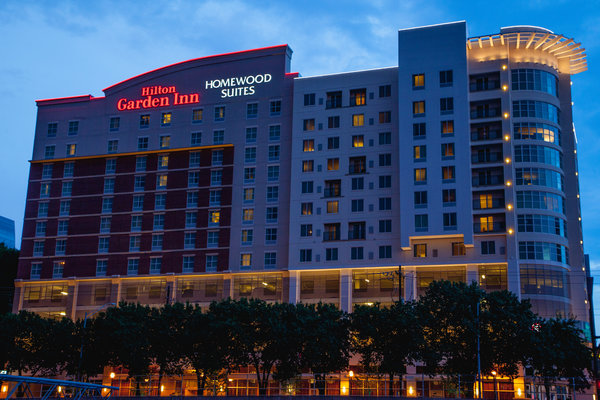HNW investors are snapping up more modest hotels—like a Hilton Garden Inn or a Courtyard by Marriott—in secondary and tertiary markets.
Tech billionaires Michael Dell and Bill Gates collect trophies—trophy hotels, that is. Both men have sunk millions of dollars into high-end hotels, like a Four Seasons resort in Hawaii owned by Dell and a Four Seasons resort in Mexico owned by Gates.
“I don’t mean for this to be pejorative and I don’t mean to malign anyone, but there is some cachet to being able to ‘play’ with a hotel,” says Daniel Marre, co-chairman of the hotels and leisure practice at Seattle-based law firm Perkins Coie LLP.
For a lot of other high-net-worth investors, however, trophies are merely shiny objects that gather dust on a shelf. Increasingly, these HNW investors would rather snap up more modest hotels—like a Hilton Garden Inn or a Courtyard by Marriott—in secondary and tertiary markets, thereby eschewing prestige in favor of profit.
According to a report from commercial real estate services company JLL, full-service hotels in the high-end category accounted for more than two-thirds of single-asset deals in thethird quarter of 2017. Transaction volume during the quarter totaled $6.4 billion, with publicly-traded REITs, private equity funds and foreign investors driving the bulk of those deals.
Since major league players have put top-tier hotel acquisitions squarely in their sights, a number of HNW investors are targeting deals elsewhere. And HNW investors are just fine with that, as trophy hotels in primary markets tend to draw a slew of bids from well-capitalized institutional investors.
Mike Cahill, founder and CEO of Hospitality Real Estate Counselors, a consulting firm based in Greenwood Village, Colo., says family offices in secondary and tertiary markets like Cleveland, Denver and Omaha, Neb. typically feel comfortable buying stable cash-on-cash lodging assets—either on their own or in conjunction with other family offices—in non-gateway markets scattered around the country.
“But if you’re in a for a roller coaster ride, then by all means, buy a trophy property in a major city,” Marre says.
Marre uses a baseball analogy to describe the trophy-or-no-trophy approach to hospitality investing for HNW investors. “If you want to swing for the fences, that’s fine, but also understand that you have more of a likelihood of striking out,” he says. “If you want steady stats, just go for the singles and doubles.”
More and more HNW investors, including family offices, are going for those singles and doubles by chasing income-producing hospitality investments outside gateway markets, according to Adam Docks, co-chairman of the hotels and leisure practice at Perkins Coie. HNW investors pursuing non-gateway hospitality properties tend to focus on second-tier markets, including Austin, Texas, Minneapolis, Nashville, Tenn. and Seattle, he says.


